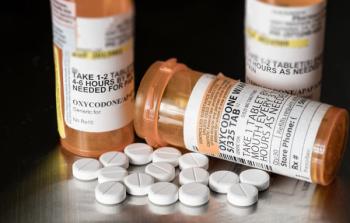
In case you missed it, this week we had news about opioid prescribing for patients with chronic pain, a possible link between cannabis and cancer, preparing for the upcoming flu season, and more.

In case you missed it, this week we had news about opioid prescribing for patients with chronic pain, a possible link between cannabis and cancer, preparing for the upcoming flu season, and more.
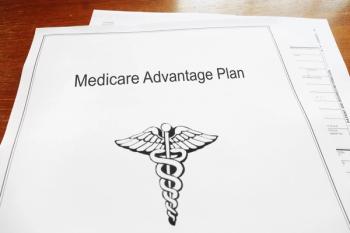
Check out this recap of articles published on our sister sites during the past week.
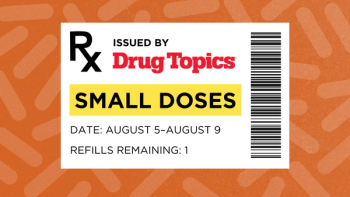
Check out a recap of important pharmacy news you might have missed this week, dispensed in small doses.
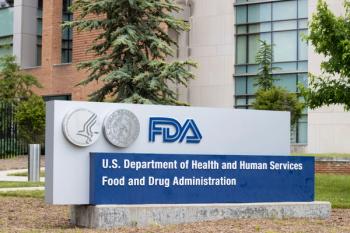
The agency said it could not approve the new drug application based on the submitted data and requested an additional Phase 3 trial to “further study the safety and efficacy” of the therapy.

A cohort study was conducted to address the association between patients with cannabis-related disorders and their risk of developing head and neck cancer.
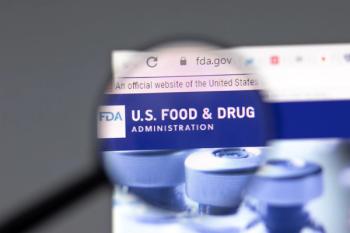
The epinephrine nasal spray from ARS Pharmaceuticals has become the first and only needle-free epinephrine alternative and the first new delivery method for epinephrine in over 3 decades.

The composition of the latest flu vaccine has changed. Here’s what pharmacists need to know.

Findings from the study conducted by 3 Axis Advisors confirm that PBM practices have an impact on pharmacies.
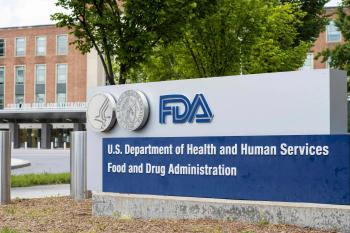
Check out important updates from the FDA for the week of August 5.

See what’s trending in pharmacy with a preview of the Drug Topics July/August issue.
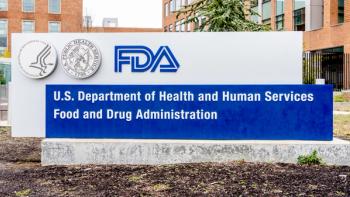
Sam Clark, MD, PhD, founder and CEO of Terran Biosciences, discusses the implications of a potential FDA approval of MDMA-assisted therapy for PTSD.

Researchers addressed the difference between prescribing guselkumab doses every 16 weeks and every 8 weeks for super responder patients with moderate to severe psoriasis.

With the high demand in GLP-1 medications, pharmacists are now living in an unprecedented time of filling prescriptions for high-cost brand-name drugs.

In a clinical trial, IPX203 was able to achieve longer good on-time with less doses compared to standard treatment.
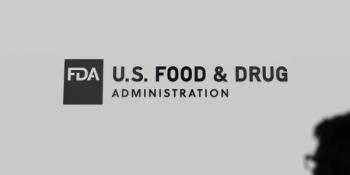
Nalmefene injection is an opioid receptor antagonist and comes in a single-dose, pre-filled auto-injector that delivers 1.5 mg of the medication per actuation.
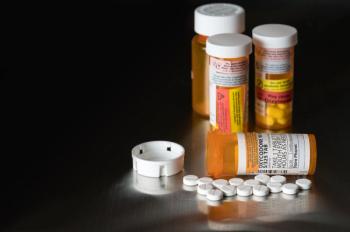
Researchers conducted a systematic review of literature exploring the misuse of opioid prescriptions for patients with chronic non-cancer pain.

Mark Garofoli delves deeper into the challenges men face when it comes to acknowledging pain, underscoring the critical need to dismantle the surrounding stigma.

Make every month a celebration of wellbeing at the pharmacy by leveraging disease awareness initiatives.

In a recent conversation with Drug Topics on Over the Counter, Mark Garofoli discusses why men avoid seeking medical help for pain, as well as potential solutions.

The COVID-19 pandemic led to increased pharmacist burnout and workforce shortages. The impact is still being felt today.

Researchers tested various text-to-image generation platforms to better understand issues of representation within artificial intelligence.

A study found that CT scans of visceral fat had the highest predictive performance of incident diabetes.

From expanding vaccination coverage to battling with PBMs, the community pharmacist has the ability to promote change like never before.

See what’s trending in pharmacy with a preview of the Total Pharmacy August issue.
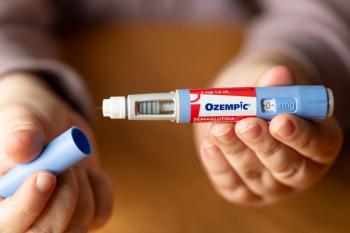
A study found that test products purchased from illegal online pharmacy operations had lower purity levels and significantly more semaglutide content than what was advertised on the label.

Finerenone (Kerendia) was previously approved in 2021 to reduce the risk of cardiovascular death, non-fatal myocardial infarction, hospitalization for heart failure, sustained eGFR decline, and end-stage kidney disease in adult patients with chronic kidney disease associated with type 2 diabetes.
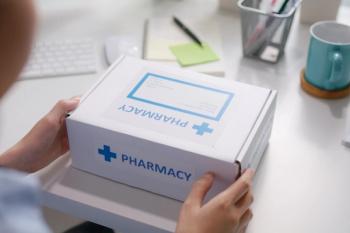
J.D. Power released a report detailing the change in mail-order and retail pharmacy trends from 2023 to 2024.

As clinical research continues, investigators are learning more about how GLP-1 drugs modify cardiovascular risks.

Lifestyle changes—including eating fruits, vegetables, and whole grains—can help patients, especially those with diabetes or hypertension, improve outcomes.

In case you missed it, this week we had news about CVS in the spotlight of PBM reform, landmark FDA approvals in synovial sarcoma, liraglutide for dementia, and more.